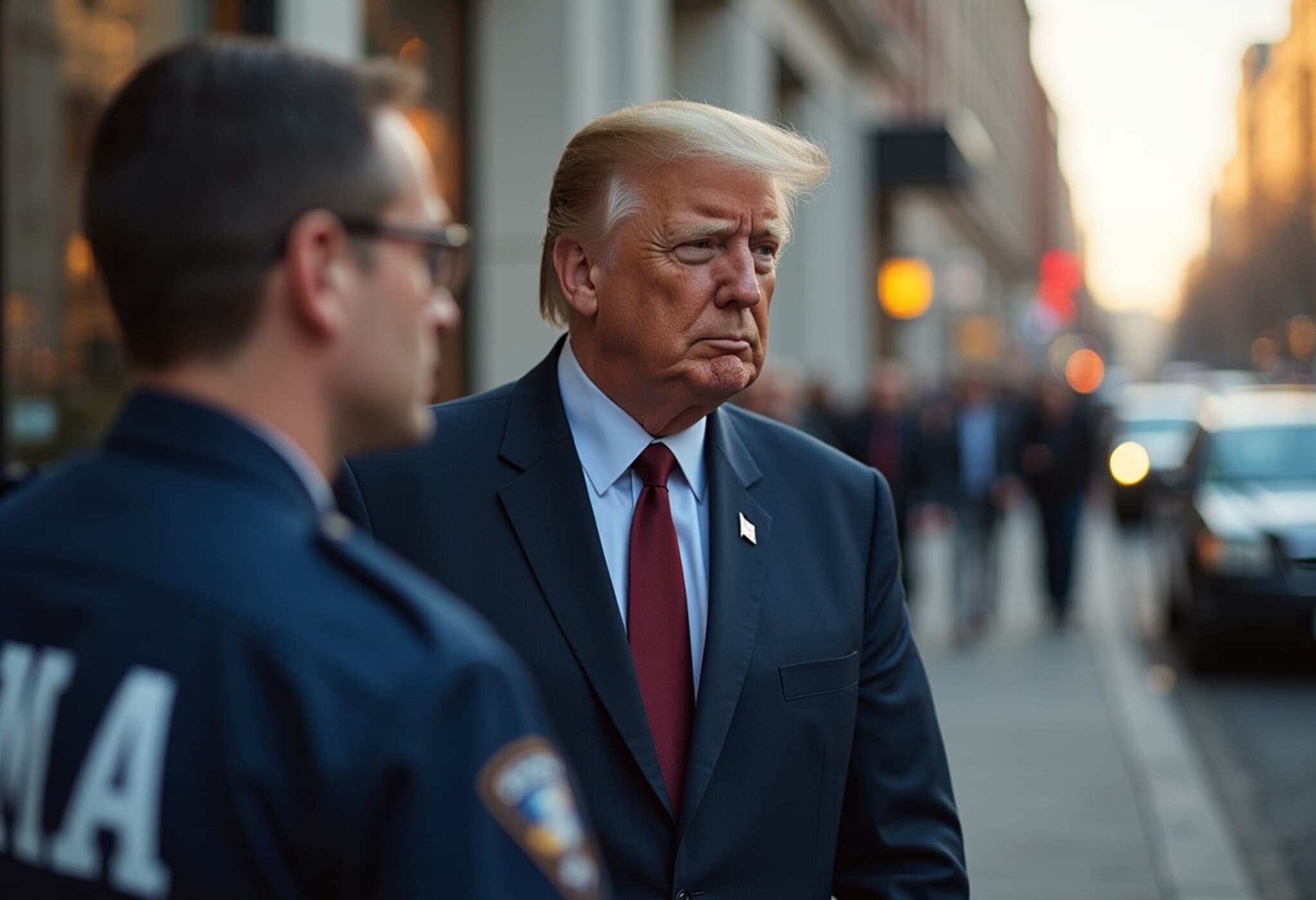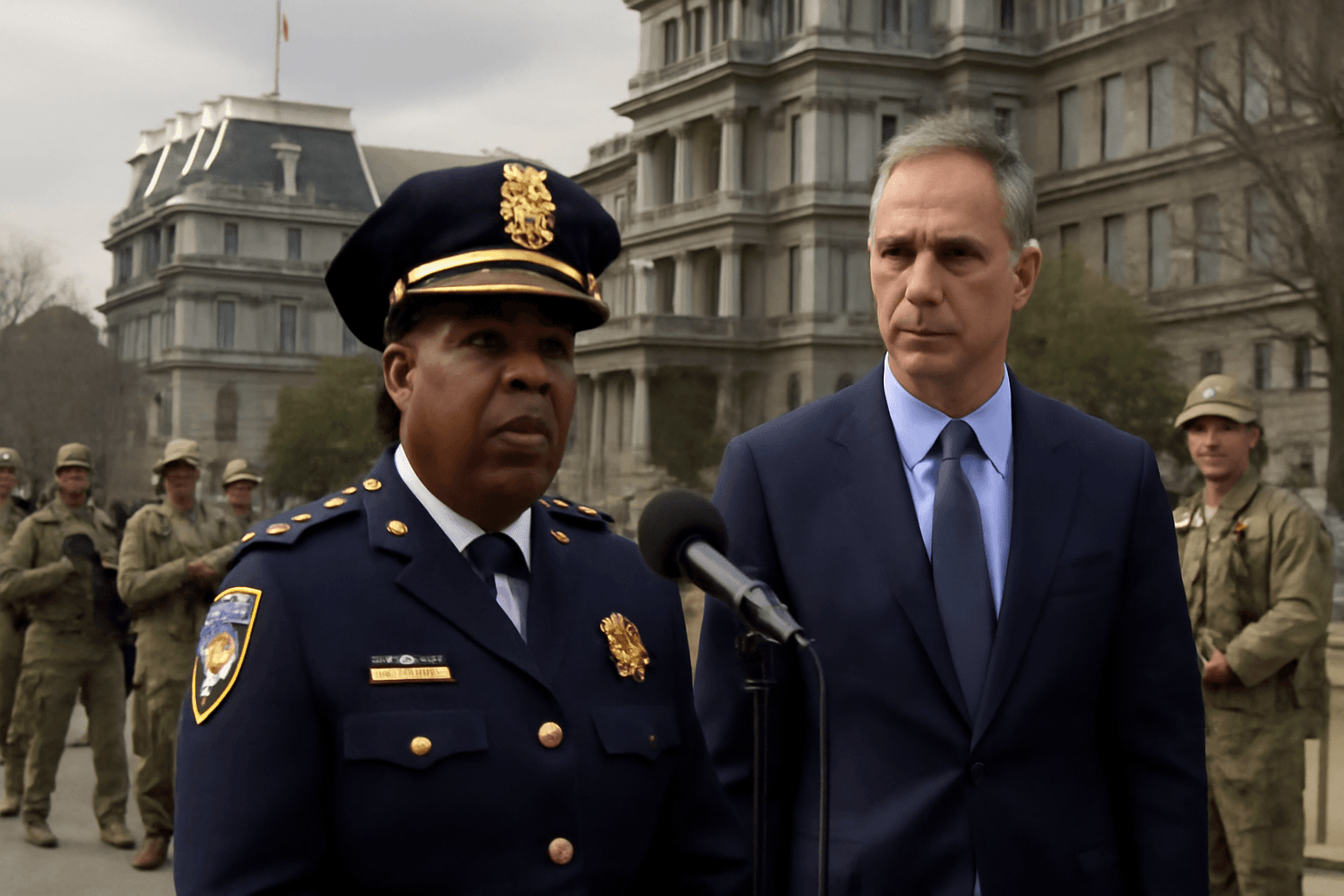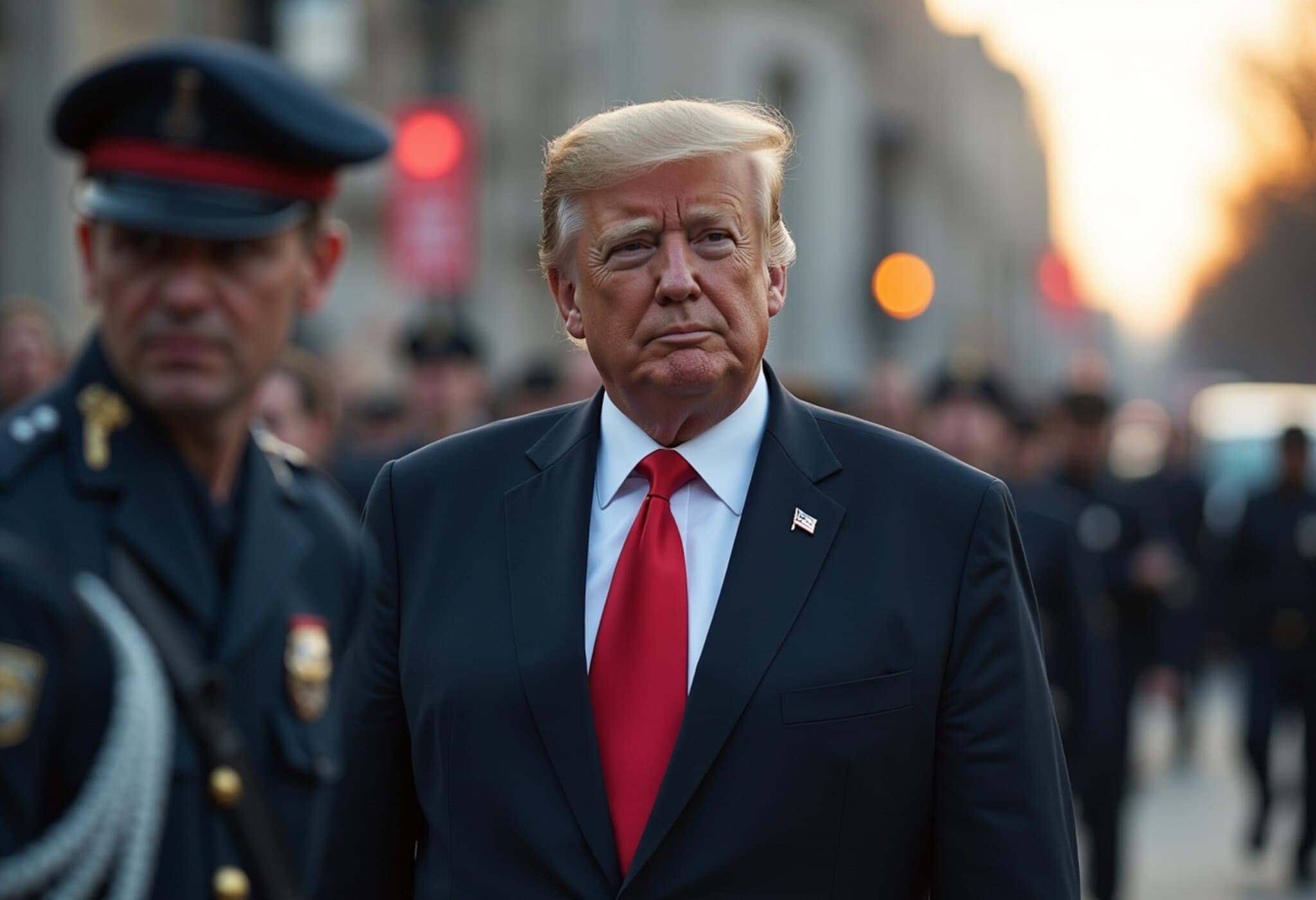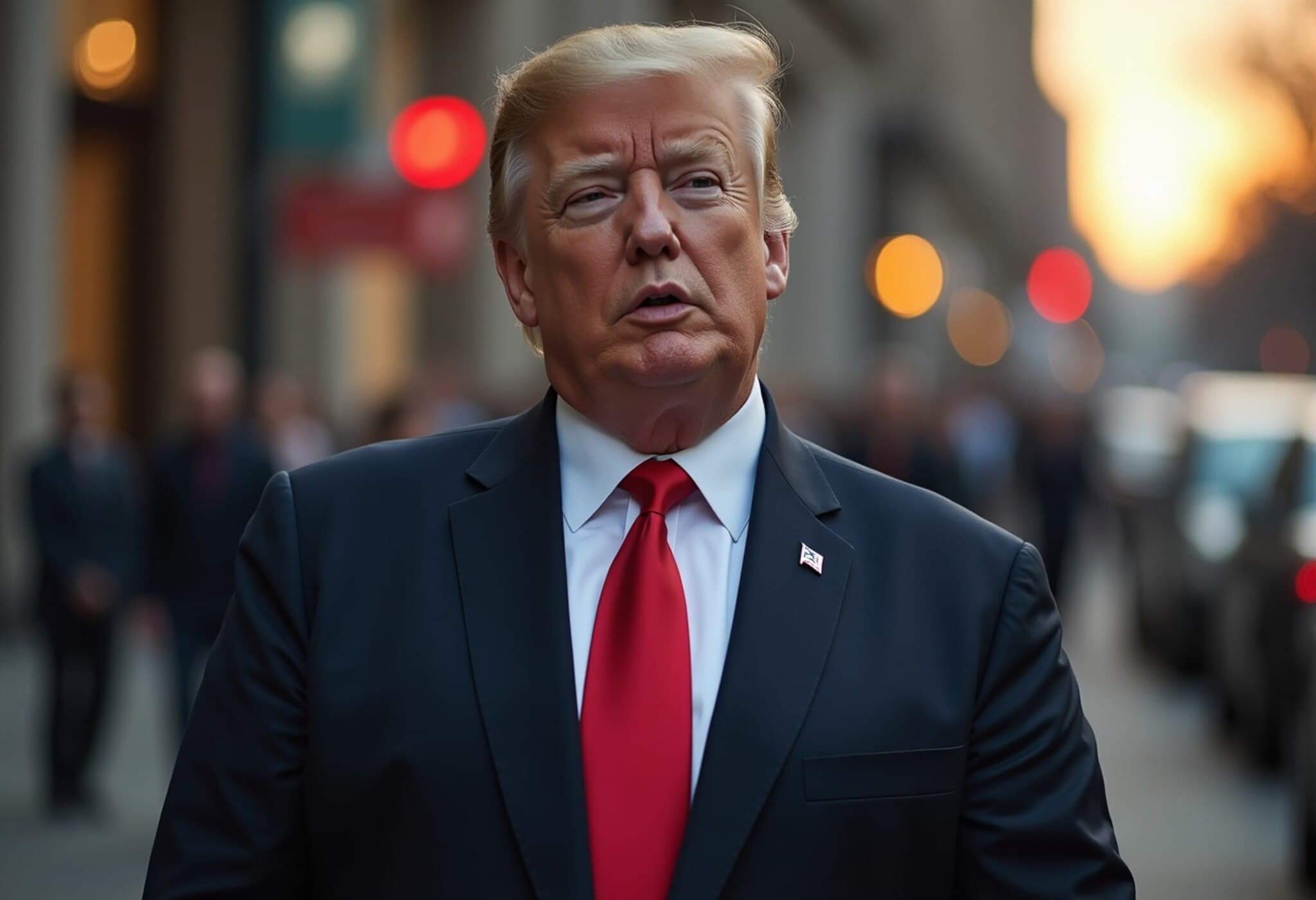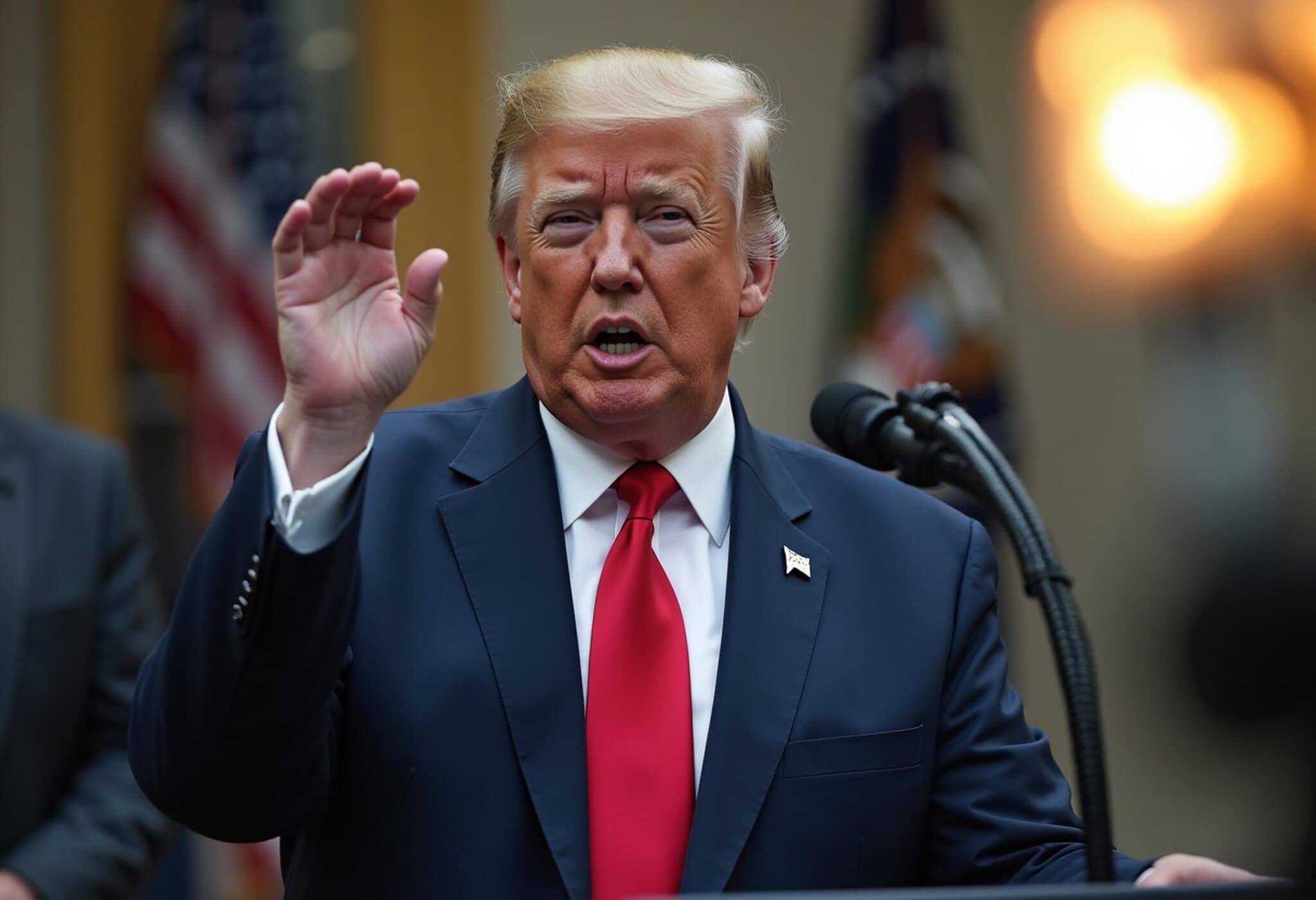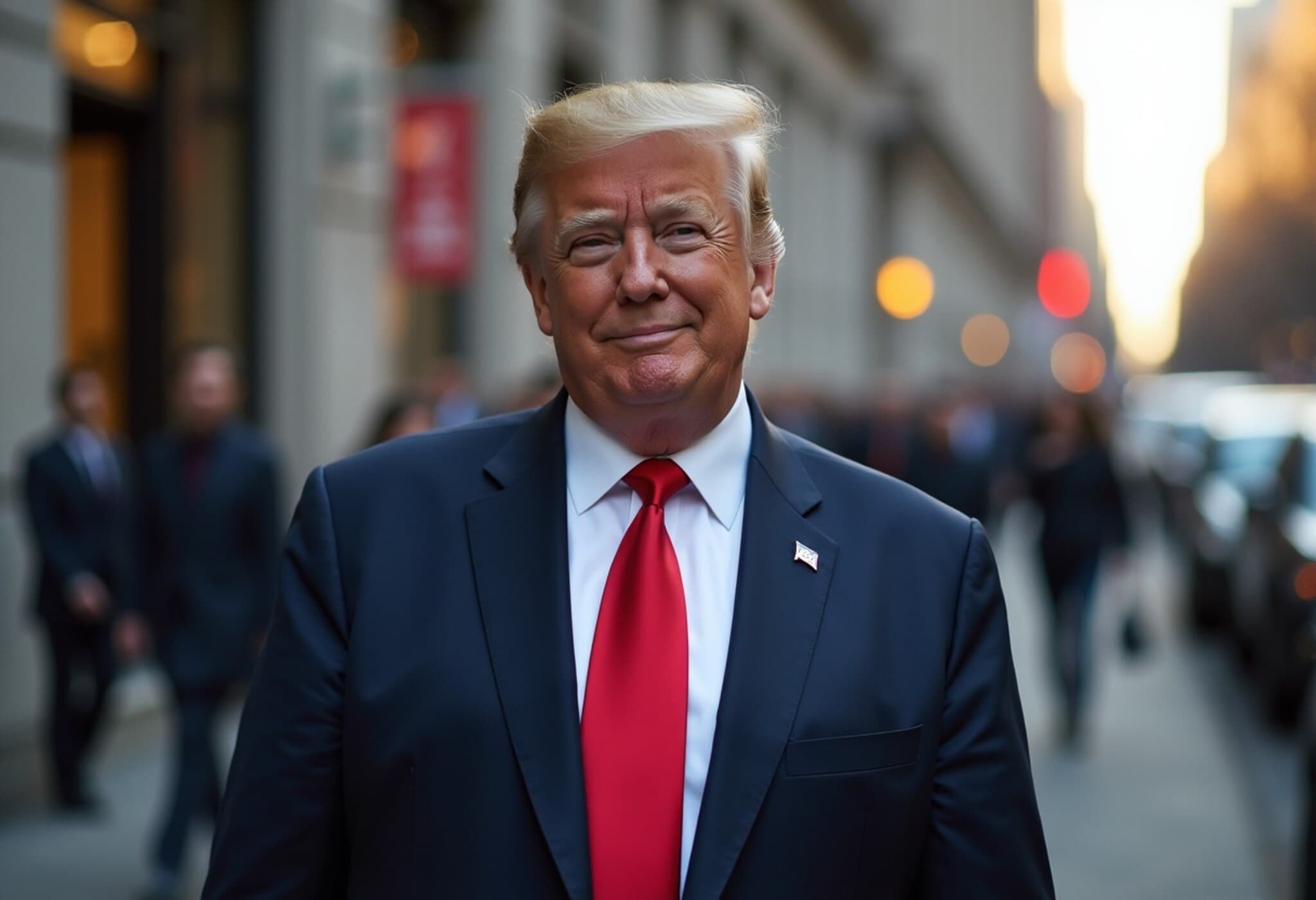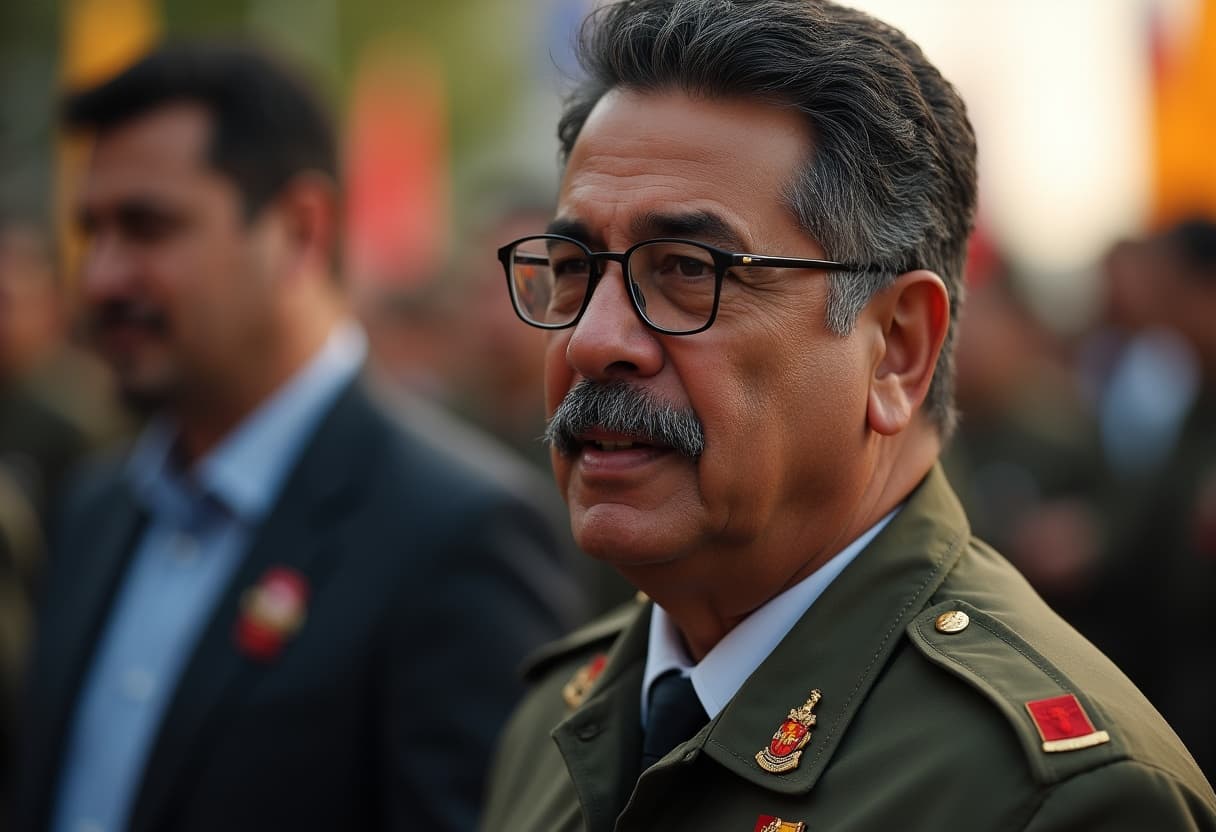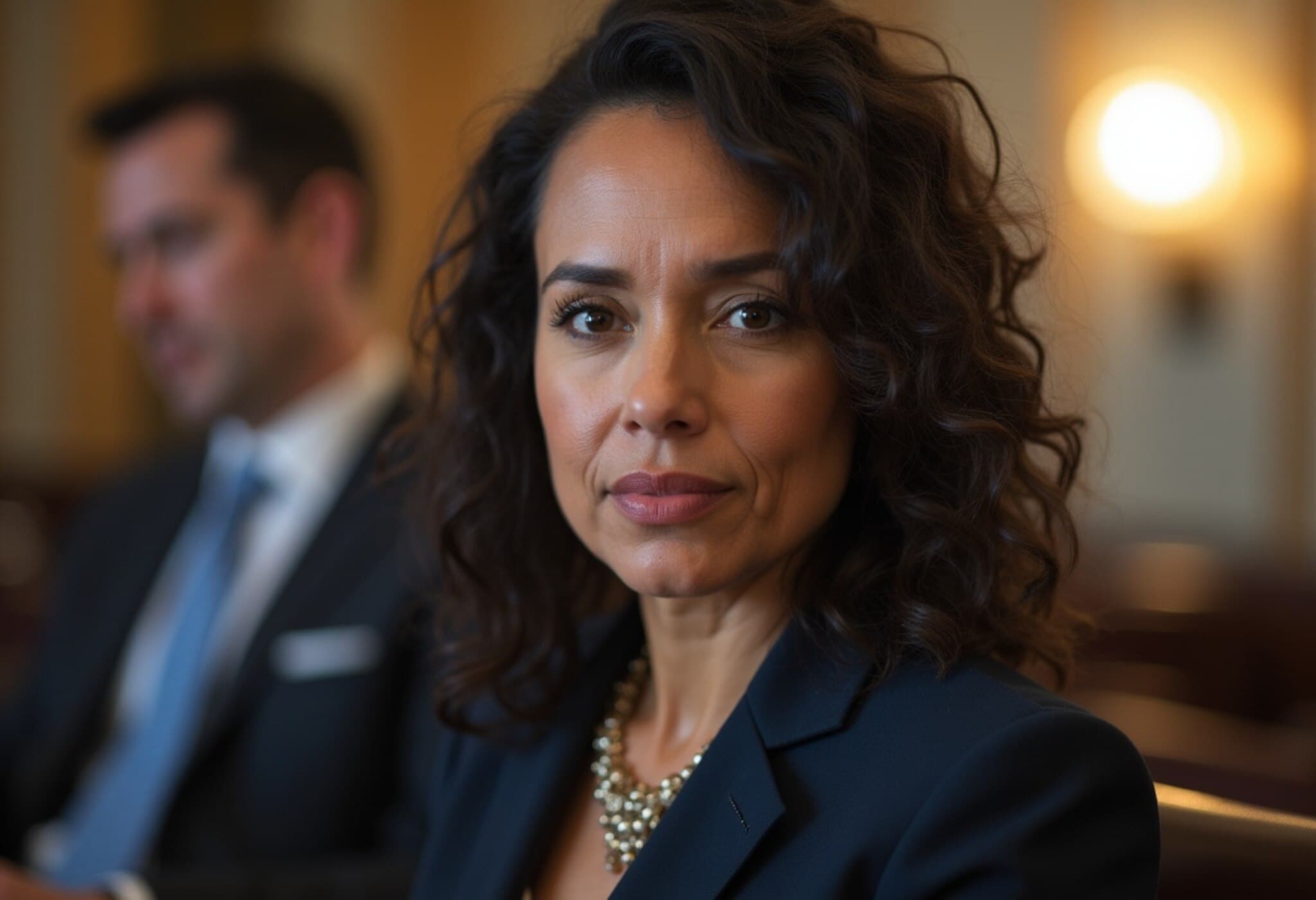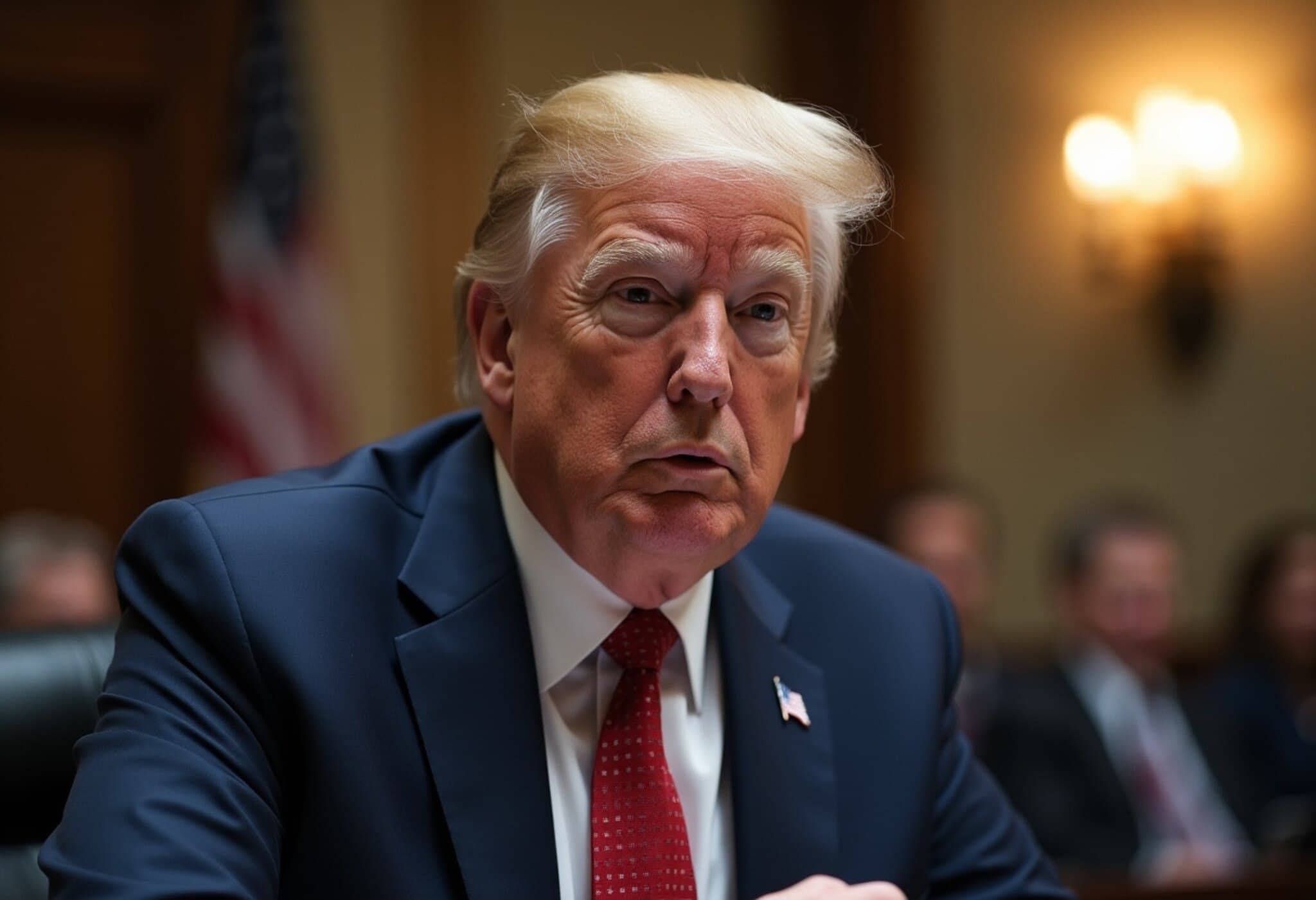FEMA Suspends Employees Amidst Controversy Over Federal Disaster Response Reforms
In a development stirring concern across federal agencies and disaster management communities, the Federal Emergency Management Agency (FEMA) has placed over 20 employees on paid administrative leave after they voiced serious concerns about sweeping changes under the Trump administration. This move comes on the heels of a revealing letter signed by 191 current and former FEMA staff, cautioning that drastic policy shifts could compromise the agency’s ability to respond effectively to future crises.
The "Katrina Declaration": A Warning from Inside FEMA
Titled the "Katrina Declaration," the open letter was released just as the nation marks the solemn 20th anniversary of Hurricane Katrina—one of the deadliest natural disasters in U.S. history, whose aftermath reshaped FEMA’s mission and operations. The signatories, including 35 employees who chose to reveal their identities despite fears of retaliation, expressed alarm that President Donald Trump and Homeland Security Secretary Kristi Noem are undermining FEMA’s foundational authority by appointing what the letter calls "unqualified leaders" and slashing resources critical to disaster preparedness.
Many signees chose anonymity, underscoring a climate of internal apprehension within FEMA about speaking out. The letter urges Congress to intervene and institute safeguards that would protect the agency from political interference that could weaken its crisis response capabilities.
The Suspensions: Administrative Leave Under Question
On Tuesday evening, employees who publicly attached their names to the declaration received unexpected emails informing them of their immediate placement on paid administrative leave. According to the messages, affected staff are prohibited from accessing FEMA facilities, systems, or performing official duties, yet are required to remain available during regular business hours. Notably, the emails specified that this action was "not disciplinary," leaving many to speculate about the true motivation behind the move.
Context: Why This Matters Now
- 20th Anniversary of Hurricane Katrina: The timing highlights the symbolic threat to reforms established after one of America’s most devastating natural disasters.
- Proposed Reforms: The Trump administration has suggested transferring significant responsibilities to state governments and even entertained the idea of dissolving FEMA entirely.
- Agency Morale and Workforce Impact: Nearly a third of FEMA’s employees have left or been fired in the past year, a turnover that experts warn may leave the agency ill-equipped for future emergencies.
Administration’s Defense: Efficiency or Overreach?
In response to these developments, Daniel Llargues, FEMA’s acting press secretary, defended the administration’s reforms. He emphasized that the goals are to reduce "red tape, inefficiency, and outdated processes"—barriers that, according to the administration, have hampered disaster response speed and effectiveness. Supporters argue that streamlined bureaucracy can accelerate FEMA’s mission, while critics see these moves as dangerously eroding institutional safeguards critical to public safety.
Expert Perspective: Navigating Politics and Preparedness
From a policy analysis standpoint, this episode exposes a harsh collision between political agendas and the impartial function of emergency services. Historically, FEMA has been a non-partisan entity, designed to operate based on expertise and objective risk assessments rather than political considerations. Changing this dynamic risks not only operational readiness but could undermine public trust in the government’s capacity to respond during crises.
Moreover, the forced administrative leave of whistleblowers raises questions about governmental transparency and the protections afforded to federal employees who advocate for accountability. American labor law and federal ethics guidelines are designed to protect such voices, but enforcement can often be inconsistent, especially in politically charged environments.
Critical Questions Left Unanswered
- What safeguards will Congress implement to shield FEMA from political interference?
- How will the loss of experienced personnel impact FEMA’s operational capacity in the face of escalating climate-related disasters?
- What legal recourse do suspended employees have, and what precedent might this set for future federal whistleblowers?
- Can reforms aimed at "efficiency" balance with the need for expertise and institutional memory in disaster management?
Looking Ahead: The Stakes for America’s Disaster Readiness
As climate change increasingly fuels extreme weather events, the integrity and preparedness of agencies like FEMA become matters of national security. Ensuring that FEMA remains both efficient and insulated from partisan politics is paramount. How the Trump administration’s reforms will reshape this balance remains a critical story with profound implications for millions of Americans living in disaster-prone areas.
Please engage thoughtfully, recognizing the human and institutional stakes behind the headlines.

